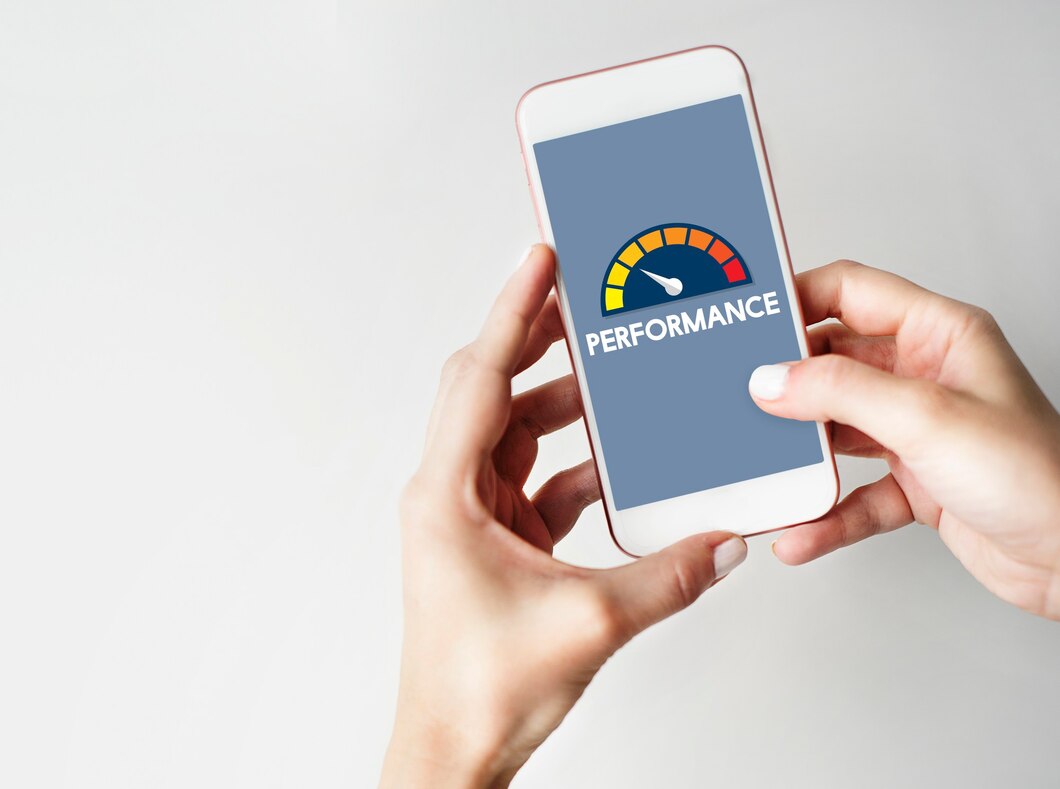The Benefits of Using PhoneGap for Mobile App Development
In the rapidly evolving world of technology, the demand for cross-platform mobile applications continues to grow. Mobile app developers face the challenge of creating apps that perform seamlessly across various operating systems like iOS, Android, and Windows. Enter PhoneGap, an open-source framework that has revolutionized Mobile App Development by simplifying the process of creating cross-platform apps. With its numerous benefits, PhoneGap has become a go-to solution for developers aiming to deliver robust and versatile mobile applications.
Simplified Development Process

One of the standout advantages of PhoneGap is its simplified development process. Mobile app developers no longer need to write separate code for different platforms. Instead, PhoneGap allows developers to use standard web technologies such as HTML, CSS, and JavaScript to create apps. This not only reduces the complexity but also accelerates the development cycle, enabling developers to bring their apps to market faster. For developers familiar with web development, transitioning to PhoneGap is straightforward, eliminating the need to learn platform-specific languages like Swift or Kotlin.
Cost-Effective Solution

Developing native apps for multiple platforms often requires separate teams, which can significantly increase costs. PhoneGap’s cross-platform compatibility eliminates this need. By writing a single codebase that works across multiple platforms, mobile app developers can save both time and resources. This cost-effective approach is particularly beneficial for startups and small businesses with limited budgets. Additionally, the open-source nature of PhoneGap means there are no licensing fees, further reducing expenses.
Access to Native Device Features

Despite being a cross-platform framework, PhoneGap doesn’t compromise on functionality. Mobile app developers can access native device features such as the camera, GPS, accelerometer, and file system through plugins. This ensures that apps built with PhoneGap deliver a native-like experience to users. The extensive plugin library allows developers to extend the functionality of their apps easily, catering to diverse user needs without compromising performance.
Enhanced Flexibility and Scalability

PhoneGap provides unparalleled flexibility and scalability for mobile app developers. It supports a wide range of operating systems, including Android, iOS, Windows, and even older platforms like Blackberry. This makes it an ideal choice for developers targeting a broad audience. Moreover, as the app grows and requires updates or additional features, PhoneGap’s flexible architecture ensures seamless scalability without the need for significant overhauls.
Strong Community Support

An active and vibrant community is a hallmark of successful development frameworks, and PhoneGap is no exception. Mobile app developers can tap into a vast community of peers and experts for support, resources, and troubleshooting. From forums and tutorials to code repositories and plugins, the wealth of shared knowledge simplifies problem-solving and accelerates development. This collaborative ecosystem ensures that developers are never isolated and can overcome challenges efficiently.
Improved App Performance

A common misconception about cross-platform frameworks is that they compromise performance. However, PhoneGap proves otherwise. By leveraging native APIs through its plugins, PhoneGap delivers apps that are efficient and responsive. While the performance of highly complex, graphics-intensive apps might still favor native development, PhoneGap is more than capable of handling the needs of most business and consumer applications. Its hybrid approach strikes a balance between performance and development efficiency.
Easy Testing and Maintenance

Testing and maintaining apps built with PhoneGap is a hassle-free process. Mobile app developers can test their apps on multiple platforms using the same codebase, saving time and effort. Additionally, updates and bug fixes can be deployed simultaneously across all supported platforms, ensuring consistency and reducing downtime. This unified approach to testing and maintenance is particularly advantageous in today’s fast-paced development environment where user expectations are high.
Eco-Friendly Development

In an age where sustainability is a growing concern, PhoneGap’s ability to streamline development aligns with eco-friendly practices. By minimizing redundant code and resource usage, it reduces the overall energy consumption associated with app development. Mobile app developers adopting PhoneGap contribute to a more sustainable development ecosystem, making it a responsible choice for forward-thinking teams.
Conclusion

PhoneGap offers a host of benefits that make it an attractive choice for mobile app developers seeking to create cross-platform applications. From simplifying the development process and reducing costs to delivering native-like performance and ensuring scalability, PhoneGap has proven itself as a versatile and efficient framework. Its strong community support and ease of testing further enhance its appeal, making it a reliable solution for developers at all levels. As the demand for mobile apps continues to surge, frameworks like PhoneGap empower developers to meet the challenges of modern app development with confidence and efficiency. Embracing PhoneGap is not just a practical decision but also a strategic one, ensuring that developers remain competitive in a dynamic and ever-changing industry.






